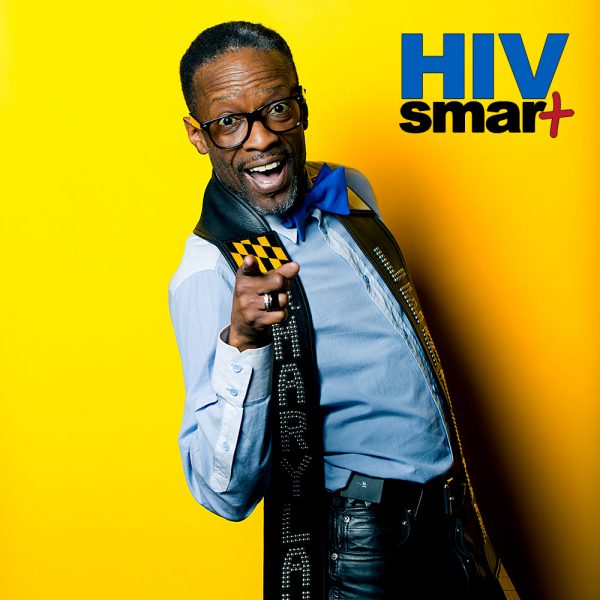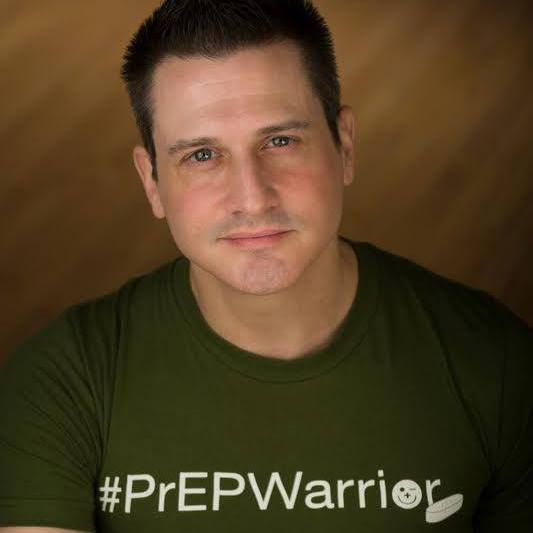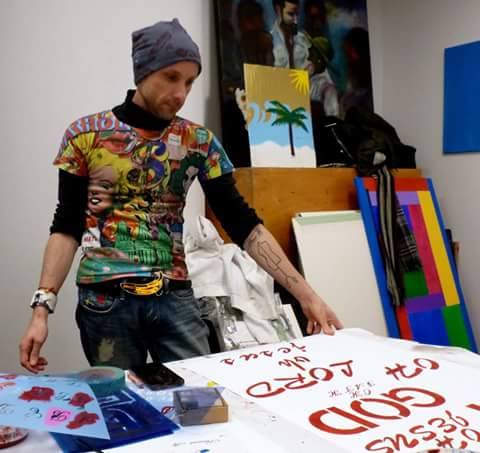HIV Stigma is a direct effect of ignorance and fear left over from the 1980s AIDS epidemic and perpetuated still to this day by lack of education about HIV.
People living with HIV are faced with stigma in many areas of their lives. From internalized stigma to dating to workplace scenarios to friendships and family relationships.
Internalized Stigma
If you are diagnosed as being HIV-positive often the first reactions are internalized stigma. The newly diagnosed blames themselves and feels that they deserved it somehow.
Know this! – Do not blame yourself or feel guilty in the slightest for being HIV-positive.
You have done nothing wrong and you did not “deserve” it. Do not blame yourself. HIV is a disease and is not a moral or ethical failing at all. Do not take that mistaken belief and allow it to become a part of you and who you are!
This is how the HIV stigma first attacks the newly diagnosed. They feel shame, regret, fear and uncertainty. All of which are brought on by a more public pervasive stigma and absolutely unnecessary. If you are newly diagnosed, we can tell you that you are still loveable and the exact same person you were before learning of your status change.
External Stigma
Stigma affects and is harmful those living with HIV (often causing depression) as well as those who are HIV-negative.
When someone discloses their status to friends, family or potential dating/love they are often met with strong harmful reactions many of which are based in pure myth from ignorance.
Understanding where stigma comes from can help. Fear and ignorance are the biggest contributions to causing stigma. People are afraid that they too will become HIV-positive. This is where education is KEY to combating stigma.
People need to know the truth about HIV transmission and that it’s not a very strong virus and casual contact such as hugging, kissing and touching are 100% safe. Ignorance of how HIV is transmitted can only be cleared up by teaching someone scientific facts or better yet people taking the time to do the real research themselves.
Stigma further extends into a personal judgement. People living with HIV are often asked if they are “clean.” This sends the harmful message that they are somehow “dirty” or “tainted.” We need to change this shorthand to something less mentally damaging.
Another pervasive belief is that HIV-positive people are sluts who deserved it. This is commonly referred to as slut shaming and comes with a huge heap of judgement. What is missed here is that it doesn’t matter how the HIV-positive contracted the virus. The answer is they had sex. Sex is neither good nor bad and doesn’t require any judgement based on some form of morals or ethics.
Problems Associated with Stigma
- The HIV-positive person who is consistently faced with stigma can frequently suffer from depression as a result.
- HIV-positive people may choose to not disclose their status for fear of rejection after being victims of stigma.
- HIV-negative people are also influenced by stigma and often choose to avoid getting tested for the fear of facing stigma and judgment. They may in actuality be HIV-positive but since their status is unknown they are not receiving medicine and treatment and consequently have a high viral load leading to increased transmission rates.













